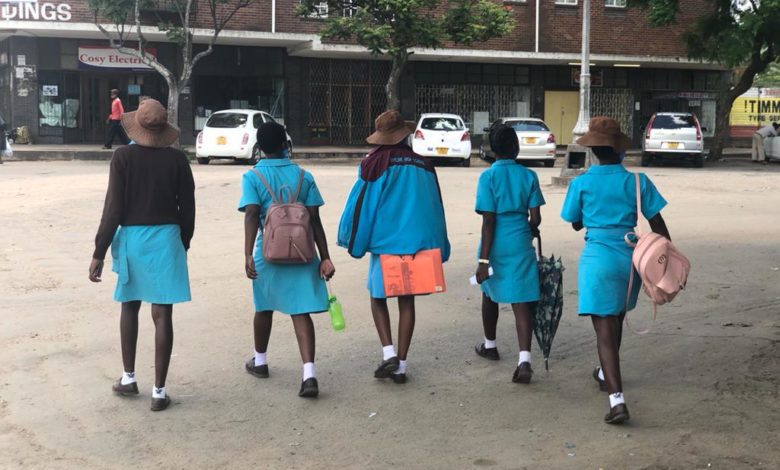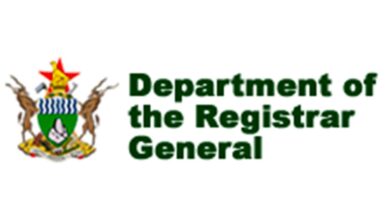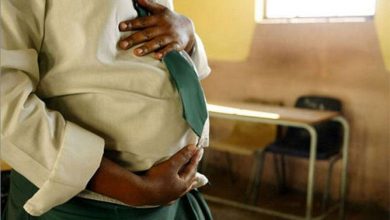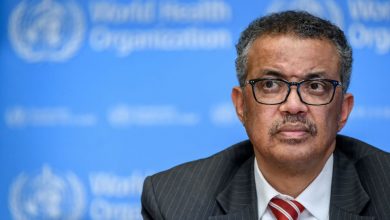
Zimbabwean learners are once again starting 2022 in crisis, with some parents still concerned that their children who spent the greater part of 2020 and 2021 out of school during the first two years of the pandemic and have not managed to catch-up.
These sentiments come after the government indefinitely postponed the reopening of schools for the 2022 first term citing a spike in Covid-19 cases and deaths being recorded in the country.
Making the announcement last year, President Mnangagwa said only those learners who were returning to write the remainder of their 2021 Ordinary and Advanced level examinations would go ahead as planned and open on January 3, 2022.
The non-examination classes were expected to return to school on January 10, 2022.
The concerned parents and guardians have linked the declining pass rate and possibility of disruptive behaviour among their children with cancelled sports and other activities.
A look at the pass rate shows that in the November 2020 Ordinary Level results, revealed a 6. 8 percent drop in the pass rate compared to 2019, with the Zimbabwe Schools Examinations Council (ZIMSEC) chairperson Eddie Mwenje attributing that low pass rate to the disruption of the normal school calendar by the Covid-19 pandemic.
A past analysis of the country’s pass rate indicates that in 2014, there was a pass rate of 22.4 percent while in 2017, 28.7 percent was recorded.
Analysts noted the shortfalls are largest for those students in schools with high poverty rates.
“We have to realise the cycle of poverty is what creates this problem. We have to factor in the state of the families where the child comes from and the environment around. Children who went to school starving, rate of malnutrition especially in our region, rate of mothers who can’t get enough food, number of households led by children. What is happening in schools is just a symptom of a fundamental situation in the political and socio economic situation,” said Dr Samukele Hadebe, a public policy and development expert.
Despite the Ministry of Primary and Secondary Education having previously assured parents and guardians that learning would be ‘normal,’ some feel many schools have still not returned to normal, worsening the learning loss and social growth.
“Normal activities such as extracurricular activities, assemblies, school trips, meetings have changed while other schools have removed them totally,” said Witness Bhebhe, a parent in an interview.
Other parents also poured out their concerns about the school situation, especially after the announcement was made on the deferment of schools opening this year.
‘Clearly’, some parents and guardians, from their sentiments’ showed they grappled with the decision.
“This is a terrible time for children to grow up. The productive school culture has changed as schools also have to adapt to the pandemic,” said Sibonile Dube.
One school teacher advised parents to be alert with their children at home as lack of monitoring could result in a possibility of disruptive behaviour.
“Behaviour that could be brought on by staying at home, not engaging in sports, games, plays and other activities that were offered in school,” said the teacher, who requested anonymity.
Former education minister, David Coltart, on his twitter expressed: “The decision by the ZANU-PF regime to delay the opening of schools is a mistake, indeed catastrophic. Our education system is in dire straits and we face the prospect of an entire generation of children failing to acquire educational building blocks. Schools must reopen.”
Coltart said his comments were based on opinions expressed by a growing number of medical friends, who believed the decision regarding schools cannot be justified on health or science.
Acting Chief Executive Officer at Mpilo Central Hospital and a champion of Covid-19 awareness, Professor Solwayo Ngwenya, argues that schools must for the time be closed.
“Coronavirus: one critical issue that we must accept as parents is that normal schooling is not possible during pandemic times. Schools are massive super spreaders of airborne variants. Therefore, hurried and thoughtless re-opening of schools could lead to terrible outcomes,” he said.
“Think deeper. Reopening schools immediately allows lots of inter-city movements and congregations in boarding schools of children from all over the country. Plus do Grade 1 pupils wear masks all day? There are millions of school children. We will be adding petrol to a fire if you look at the behaviour of the general population.”
According to Prof Ngwenya, school routines may be questionable in controlling the spread of Covid-19 therefore prevention by closing schools is wise.
“How many children can really sit apart from their friends during break?” he questioned.
Prof. Ngwenya warned that Covid-19, with emergence of new variants could lead to hospitalisation and allowing children to resume normal life could create additional risk.
“This leaves schools with no attractive options but let’s protect ourselves and families,” he said.





